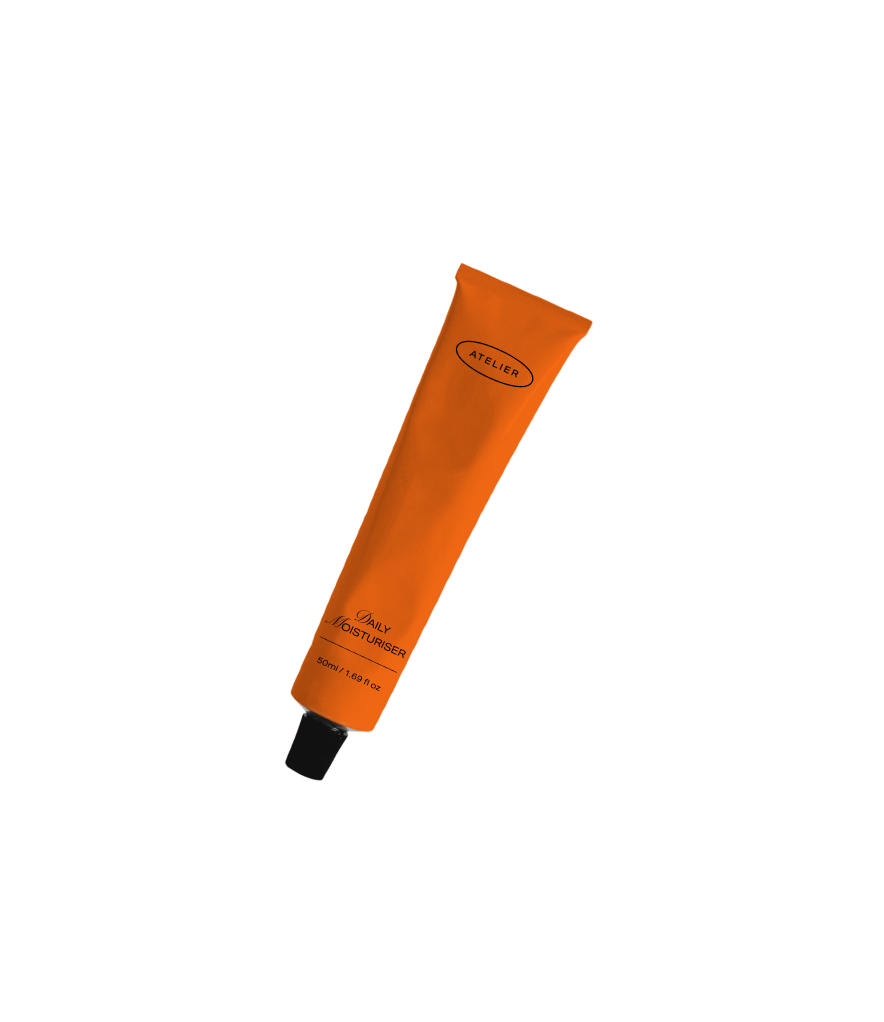A Manifesto:
sunlight

the future
sunlight

the future of
Of Manufacturing
Manufacturing
Manufacturing is important. Since the industrial revolution it's the single economic activity that transforms nations from agrarian to industrialised. Every industrialised nation has cultivated its middle class through a focused effort to foster a manufacturing sector.
Today is no different. We see new nations take up this mantle every year. Developing new capabilities in textiles, chip manufacturing, steel, concrete, and plastics. And every year we see the push and pull of global trade draw capital out of developed nations and into developing ones. Wealthy consumer demand is converted into expansionary pressure, widening the middle class of developing nations. Manufacturing is a vehicle to grow and sustain a higher standard of living for global communities and individual families.
We know manufacturing is critical.
Trade War, COVID-19, energy crises. The world's supply chains are fragile and the cost of this fragility has been observed in recent years. Our systems of production are entangled in our greatest existential threats. From plastic waste and renewable energy to global food production and the delivery of cold chain vaccines. The way we make things is critical to our survival, yet it drives devastating outcomes across ecologies and communities.
Since the early 1990s, the internet has given humans a chance to connect in more abstract ways. The surfacing, aggregation, and interoperability of communication and capital data has led us to novel methods of interaction.
Our communities are no longer bound by geographies. Our habits of consumption are the same. This global network of data flowing at the speed of bits/second is illuminating areas of the world and the people that inhabit them. Fresh connections are forged through the exchange of words, capital, and images in the form of packets. We can now buy products from new communities, creating micro-economies that give strength to underrepresented groups.
The internet has changed the way data is organised. But it has struggled to influence the way atoms are organised. So, in the production of everyday goods, technology and manufacturing are still pre-web1.
Data is hard to come by, let alone share, analyse, and strategies around. This has led to an illusion of improvement. CSR reporting, LCAs, “ethically sourced”, “carbon neutral”. Transparency measures are the new norm, but they’re opaque at best. In reality, these claims of ethicality are subjugated to half-truths and misinformation in the absence of data.
A world without data is a dark world. One that fosters obfuscation, cultivates inefficiency, and limits process-driven strategic outcomes.

A world without data is a dark world. One that fosters obfuscation, cultivates inefficiency, and limits process-driven strategic outcomes.

The dark world of manufacturing means that:
Child labour thrives
Modern slavery remains concealed
Animal testing continues
Ecological destruction is hidden
In a less sinister way the dark world of manufacturing means that:
Brands can't create the products they want to.
Brands spend 100x more than they need to develop products.
Brands constantly make compromises for their supply chains.
Brands don't have reliable supply.


It also means that:
Consumers can't make accurate decisions about sustainability
Consumers can't know where their products came from
Consumers can't be sure exactly what they are consuming

The dark world of manufacturing means that:
Child labour thrives
Modern slavery remains concealed
Animal testing continues
Ecological destruction is hidden

In a less sinister way the dark world of manufacturing means that:
Brands can't create the products they want to.
Brands spend 100x more than they need to develop products.
Brands constantly make compromises for their supply chains.
Brands don't have reliable supply.

It also means that:
Consumers can't make accurate decisions about sustainability
Consumers can't know where their products came from
Consumers can't be sure exactly what they are consuming
Atelier is here to usher in the
future of manufacturing.

Atelier is here
to usher in the
future of

manufacturing.




And therein lies the opportunity: Sunlight is the best disinfectant.
Atelier exists to be a beacon in the dark of manufacturing. To illuminate a murky industry by giving brands the tools to create the products they want, to create supply chains that honour their values, to create faster, more capital efficient outcomes and in turn be a contributing force in the solving of some of the world's existential threats.